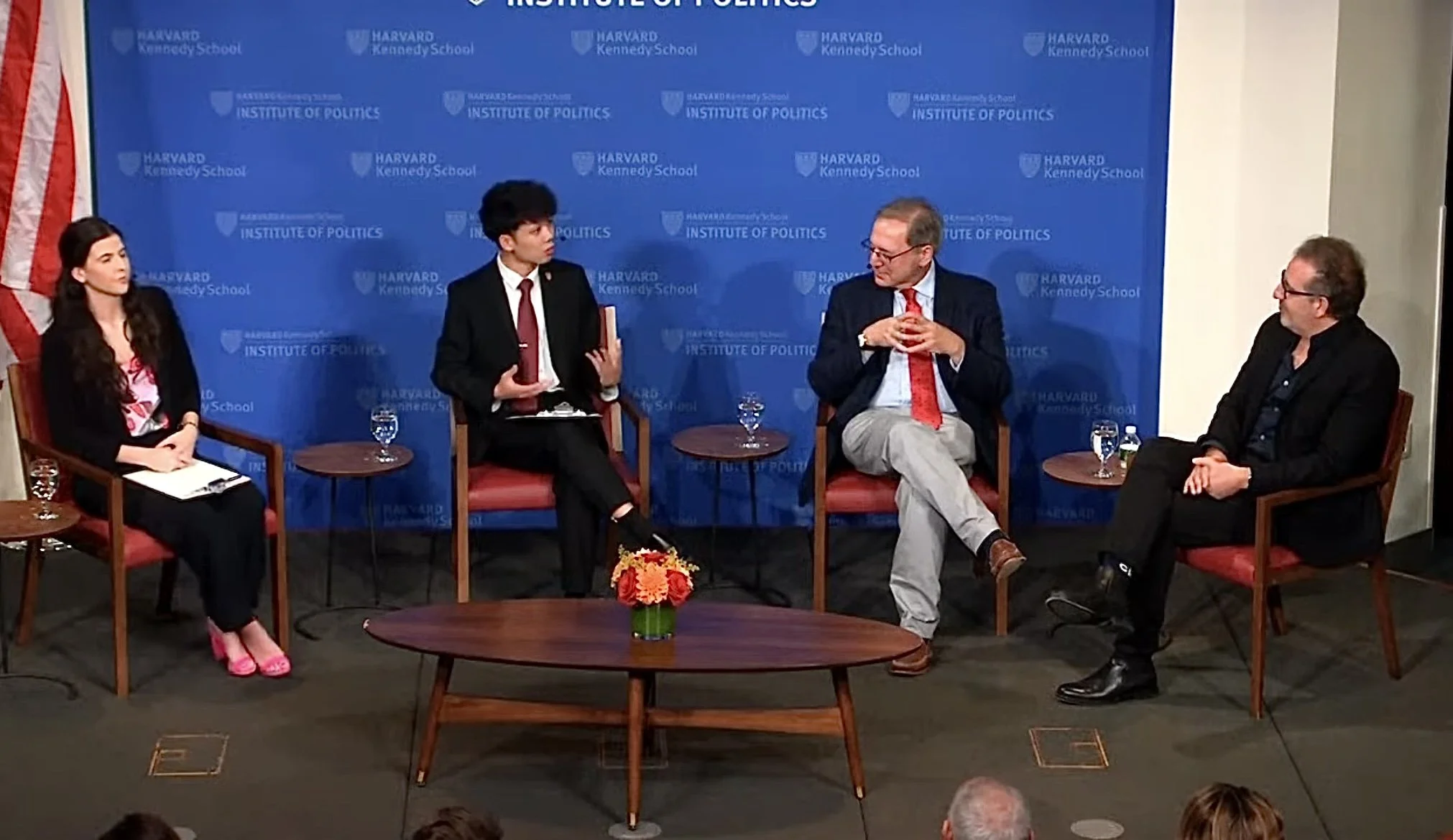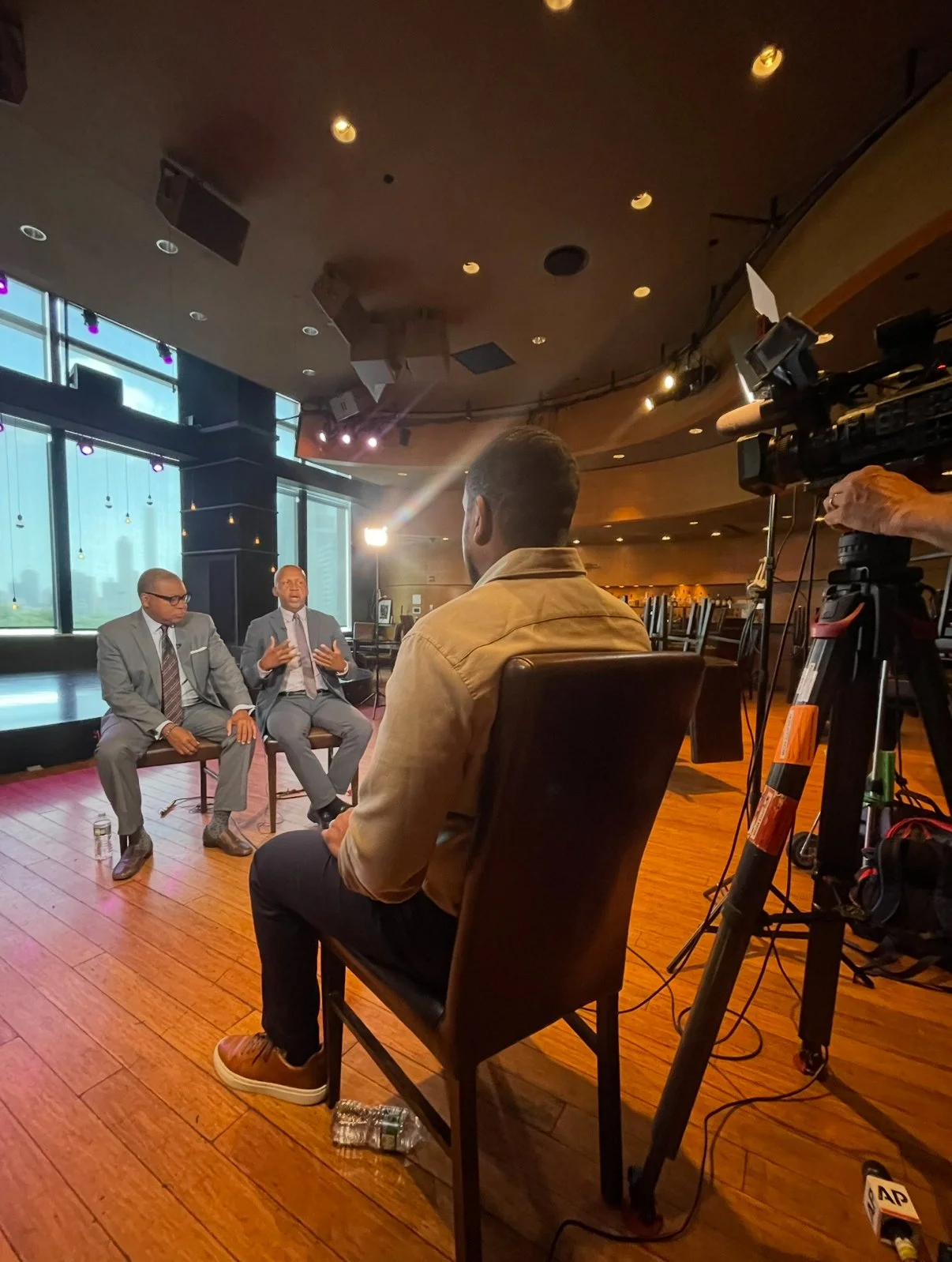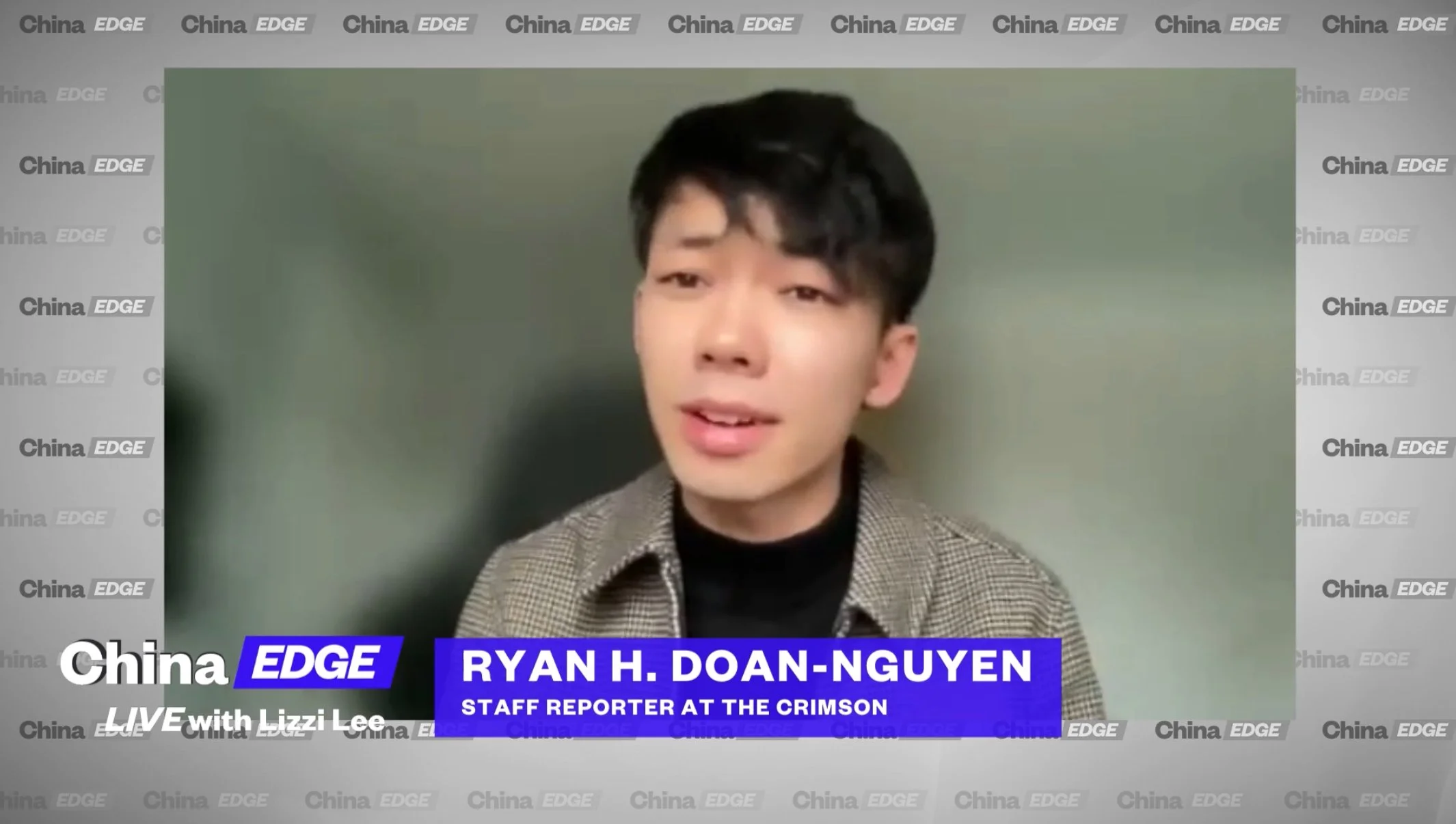Hi there! I’m Ryan — a journalist studying global and legal history. I’m passionate about uncovering the nuances of our past and present to shape a better future.
Ryan seeks to tell stories on (U.S.) history, politics, law, and culture that: 1) ground contemporary affairs in novel or overlooked context, and 2) amplify previously underrepresented voices. Toward this end, he is pursuing two master’s degrees in history at Oxford—on a full Marshall Scholarship—to bolster his understanding of the landscapes from which our most pressing political and legal issues arise.Ryan was a Global News Intern at the Associated Press, an Asian American Journalists Association VOICES Fellow, and a Daniel Steiner Fellow at Harvard Magazine, among other roles. His work has shaped campus policy, city politics, research discussions, and syllabi, and earned first place in multiple national journalism contests, including the Associated Collegiate Press’s 2023 Feature Story of the Year Award and the AAJA’s 2024 Student Excellence in Written Reporting Award.In May 2025, he graduated from Harvard University, where he studied History, Literature, and Government. He led The Crimson’s metro coverage as its inaugural Metro Desk Editor and served on its police accountability and law beats.




